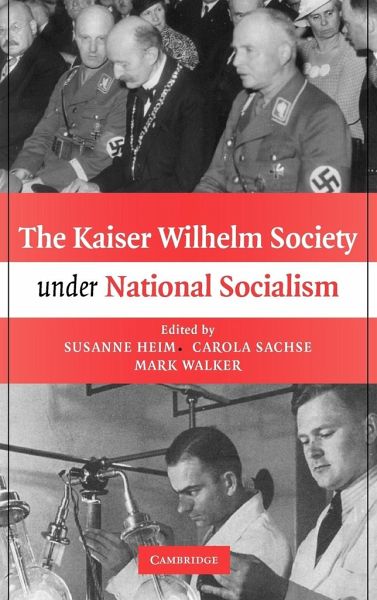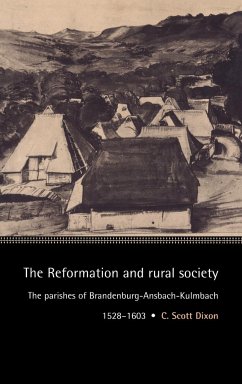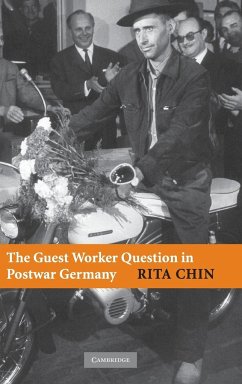
The Kaiser Wilhelm Society Under National Socialism
Versandkostenfrei!
Versandfertig in 1-2 Wochen
142,99 €
inkl. MwSt.
Weitere Ausgaben:

PAYBACK Punkte
71 °P sammeln!
During the first part of the twentieth century, German science led the world. The most important scientific institution in Germany was the Kaiser Wilhelm Society, including institutes devoted to different fields of scientific research. These researchers were not burdened by teaching obligations and enjoyed excellent financial and material support. When the National Socialists came to power in Germany, all of German society, including science, was affected. The picture that previously dominated our understanding of science under National Socialism from the end of the Second World War to the rec...
During the first part of the twentieth century, German science led the world. The most important scientific institution in Germany was the Kaiser Wilhelm Society, including institutes devoted to different fields of scientific research. These researchers were not burdened by teaching obligations and enjoyed excellent financial and material support. When the National Socialists came to power in Germany, all of German society, including science, was affected. The picture that previously dominated our understanding of science under National Socialism from the end of the Second World War to the recent past - a picture of leading Nazis ignorant and unappreciative of modern science and of scientists struggling to resist the Nazis - needs to be revised. This book surveys the history of Kaiser Wilhelm Institutes under Hitler, illustrating definitively the cooperation, if not collaboration, between scientists and National Socialists in order to further the goals of autarky, racial hygiene, war, and genocide.














